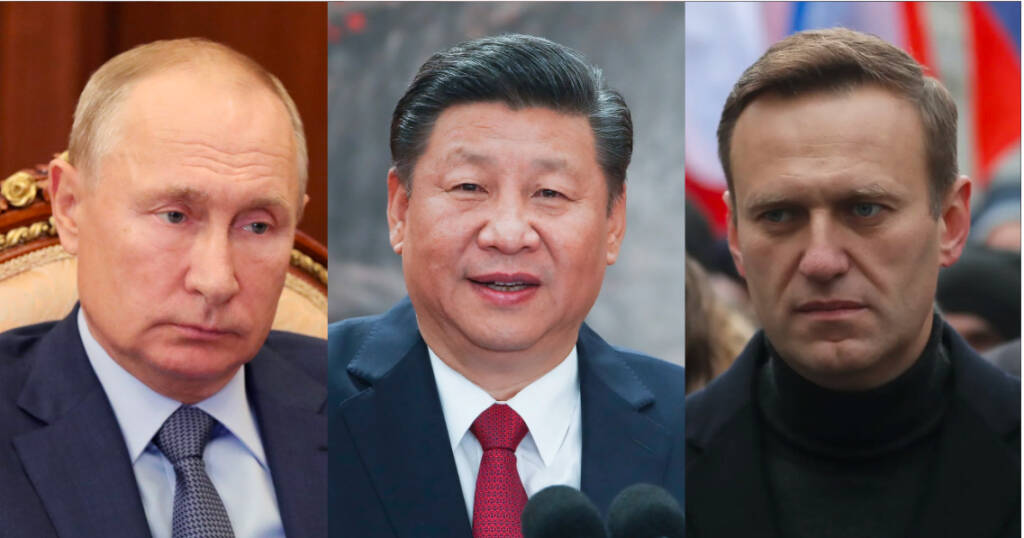The protests in Russia brought the attention of many analysts who said that these will not be easily quelled. However, the current situations signal success, if we consider the quelling of anti-Putin protests in Russia. However, another problem has come to the forefront even if the protests are dying out. These protests have brought out the ghost of the far east secessionism, which is now being fomented and catalysed by Navalny.
As per the news reports, thousands of kilometres away from Moscow and the global spotlight, however, the Navalny movement has highlighted simmering resentment that could one day boil over — with implications not only for President Vladimir Putin but also Asian importers like China. The region has been for a very long time a tense zone, given it being resource-rich and increasing Chinese influence has exacerbated the situation.
Alexei Navalny has capitalised on the secessionist impulses of the far-flung domains and as the protests have been quelled, for now, the focus of these aids of Navalny would be to maintain the anti-state sentiment that they have been able to create and foster.
As per Nikkei Asia, the Putin critic has built a network of offices in regions the Kremlin largely disregards, reaching out to core supporters in their 20s and 30s. Alexey Gres’ko, the leader of Navalny’s office in the Siberian city of Yekaterinburg, observed increased political awareness. “Especially now we see a huge wave of support, even from the people who completely dislike Navalny,” he said. Their reasoning, he added, is, “I hate our state so much I want to join.”
TFI has also reported from time to time that China understanding the situation, has tried to bring out its own claims. Late last year, China was issuing veiled threats to its northern neighbour Russia in the wake of the Putin-led Moscow’s growing proximity to New Delhi in the backdrop of heightened Sino-Indian tensions.
A news report had come out which gives teeth to the claim that Russia under Putin, is no longer taking half-measures to protect its interests from China. According to a news report in Reuters, Russia is increasing its military presence in the Far East in response to rising tensions in the wider region.
Defence Minister Sergei Shoigu in the Putin government, on Thursday, iterated that the decision has been taken because of tensions in the “eastern strategic direction”, referring to an area encompassing Russia’s eastern border with China and the wider Asia-Pacific.
Dimitri Trenin, Director of the Carnegie Center in Moscow, suggested that while Putin’s old rival Navalny’s popularity might be limited, they are “only at the beginning of the participation of large groups of people in Russian politics.” He added, “This is new, we didn’t have that for some time, certainly in the last decade. But there will be more of it.”
The fact that these protests may be a precursor to some larger actions which could be taken by secessionist forces under the leadership of Navalny and backhanded support of the Chinese Communist Party, makes it a major concern for the Putin-led government in Moscow. The wedge between the political centre in Moscow and the resource-rich centres in the Far East is Achilles heel for the Russian Republic and if not addressed, these issues may lead to some big development going ahead.
